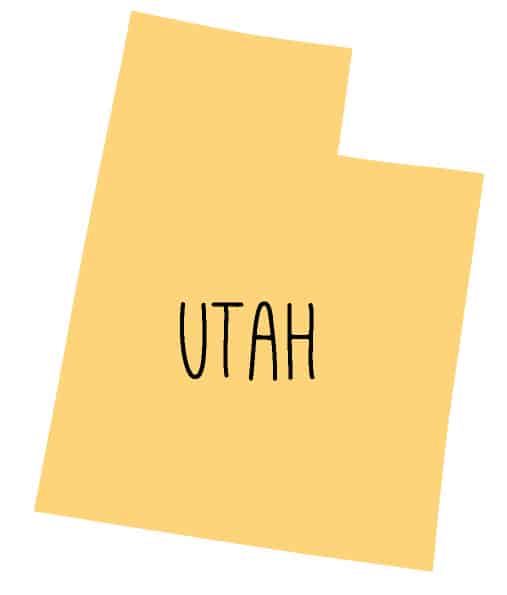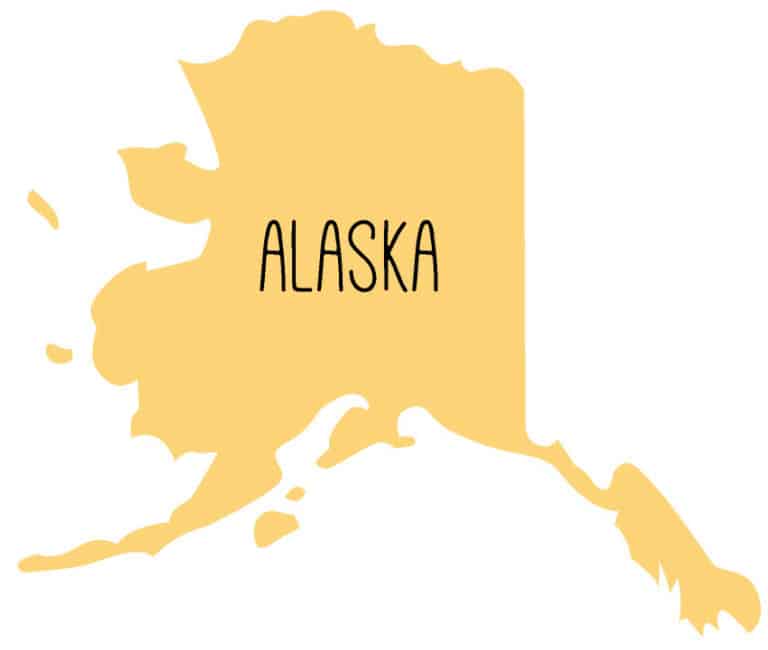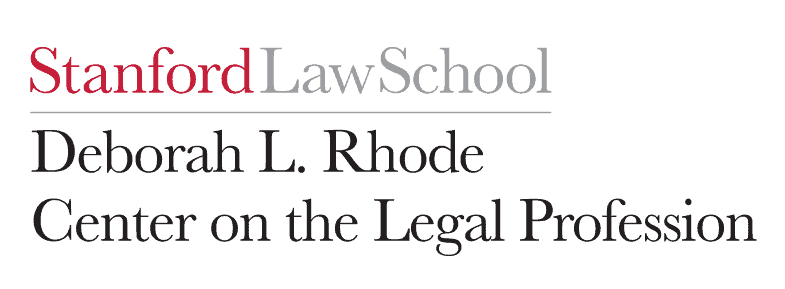LATEST UPDATES
Menu
Relaxing the broad ban on the unauthorized practice of law for certain lay advocates and/or organizations could significantly impact the justice gap, particularly for those in the lowest economic tiers. In this approach, courts permit exceptions to the UPL ban for certain community providers, usually offering free services. These people are sometimes referred to as “community navigators” and the approach is sometimes called a “community justice model.”
Research on nonlawyer practice suggests that nonlawyers can provide competent services when they are properly trained, when they specialize in specific types of practice, and when the matters at stake do not raise complex issues of law.
Community navigators are people trained to help those inexperienced in dealing with government bureaucracy or our legal system. Without such navigators, people of modest means often can’t vindicate their rights or access important benefits. Some navigators work in courts, while others work at nonprofits.
There is evidence that trained community navigators offer meaningful assistance. In New York City, tenants helped by a nonlawyer Navigator were 87% more likely than unassisted tenants to have their defenses recognized and addressed by the court. In a similar AmeriCorps program in Illinois, 96% of self-represented litigants rated the help they received from non-lawyers as “excellent.” Similarly, in California, 97% of self-represented litigants who were helped by trained non-lawyers found the service to be “very helpful,” while 95% felt able to prepare and file their own court forms.
An increasing number of states are granting limited exceptions to the general ban on the unauthorized practice of law by people who are not lawyers. New York is doing so because it was forced to by a federal judge in Upsolve’s lawsuit, and Arizona and Alaska’s Supreme Courts have done so at the request of trusted nonprofits. Utah is doing so in its regulatory sandbox. These “community justice” models, common in many other countries, offer potential for providing certain kinds of limited legal advice.

Utah-based Timpanogos Legal Center trains lay advocates to help domestic violence victims.

Alaska Legal Services trains community leaders to help low-income people with legal issues like drafting wills, obtaining food stamps, and responding to debt collection actions.

Innovation for Justice’s licensed lay advocate program helps domestic violence victims in Arizona get protective orders.
Upsolve is a nonprofit that helps consumers deal with financial issues and vindicate their rights. In January 2022, it brought a First Amendment challenge to New York’s unauthorized practice of law (UPL) rules as applied to its proposal to train community members to advise people on responding to debt-collection actions. The challenge was supported by many noted legal ethics scholars, including our own Nora Freeman Engstrom, the NAACP, and the Institute for Justice.
In May 2022, Judge Paul Crotty of the Southern District of New York ruled in Upsolve’s favor, preventing New York from enforcing UPL restrictions against the company and its community partners. Noting that the proposal was limited to “out-of-court legal advice,” the court concluded that limiting this “pure verbal speech” could not withstand First Amendment scrutiny. The state has appealed. As one observer pointed out, this was the first time that a court had invalidated “a key element of modern UPL restrictions on the provision of legal advice by nonlawyers.”
On January 21, 2023, the South Carolina State Conference of the NAACP and three of its members filed an action in federal district court in South Carolina. The complaint argues that South Carolina’s prohibition on the unauthorized practice of law violates the plaintiffs’ First Amendment rights of speech and association when it prevents them from providing legal guidance to South Carolinians facing eviction.

